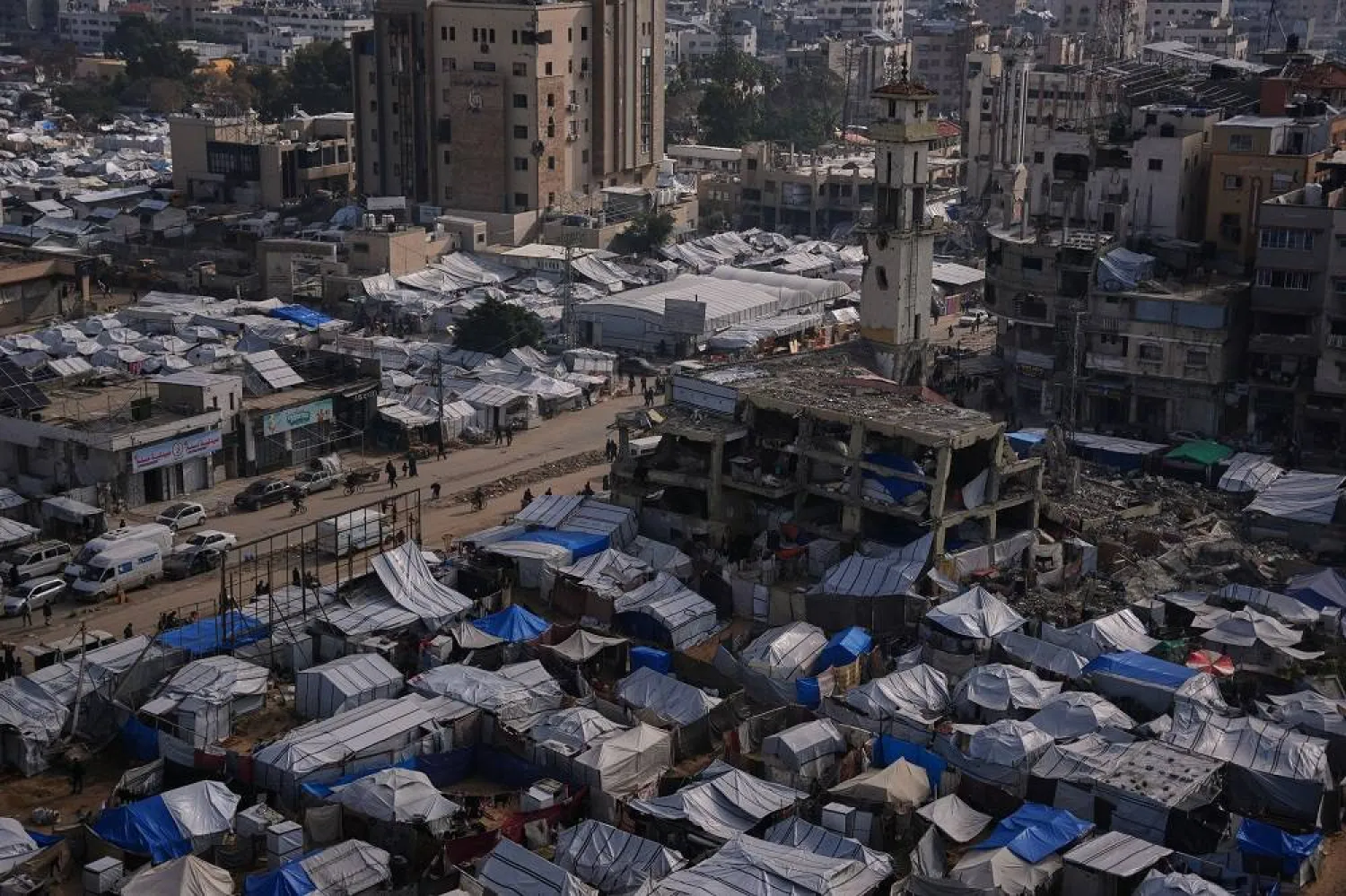The ruling Kurdistan Democratic Party (KDP) said on Monday it would boycott a parliamentary election in the semi-autonomous Kurdistan Region of Iraq scheduled to be held in June in protest over a ruling issued by the federal supreme court.
The northern region's dominant KDP, which is headed by Masoud Barzani, said in a statement that Iraq’s federal court had violated the constitution and undermined regional authorities following a ruling in February that amended the Kurdish region's election law.
Iraq's federal supreme court ruled to cancel 11 seats reserved for minority groups, reducing the number of regional parliament seats to 100.
The February ruling also changed the electoral system to divide the Kurdistan region into four constituencies instead of the single-constituency system adopted in the previous elections in 2018, prompting the KDP to reject it as unconstitutional.
The federal court ruling also gave authority to the Iraqi Independent High Electoral Commission (IHEC) to organize and oversee regional elections instead of the Kurdish regional election commission.
The ruling by the federal court came after a lawsuit by KDP's historic rival and junior coalition partner in government, the Patriotic Union of Kurdistan (PUK), according to a court document seen by Reuters and the party's lawyers.
A prominent member of the KDP told Asharq Al-Awsat that the boycott decision was taken after the party “realized that the federal supreme court had become a political player.”
He hoped that the move would “succeed in addressing the unconstitutional standing of this court and remove its legitimacy before we slip into a more centralized system.”
He warned that the boycott could lead to the postponement of the elections, through intra-Kurdish agreement, urging “Shiite and Sunni partners to amend the path taken by the court.”
The KDP has for month accused the federal supreme court of yielding to political agendas of some influential Shiite forces. It charges that the majority of its rulings against Kurdistan are politically motivated against the region’s constitutional standing.
US Ambassador to Iraq Alina Romanowski expressed concern over the KDP decision to boycott the elections.
“We are concerned by KDP’s announcement to boycott the Iraqi Kurdistan Region elections. We urge the Government of Iraq & the Kurdistan Regional Government to ensure that elections are free, fair, transparent, & credible.” Romanowski said on social media platform X on Monday.
The PUK is committed to holding Kurdistan parliamentary elections on June 10, PUK spokesman Saadi Ahmed said in a statement following the PDK decision.









